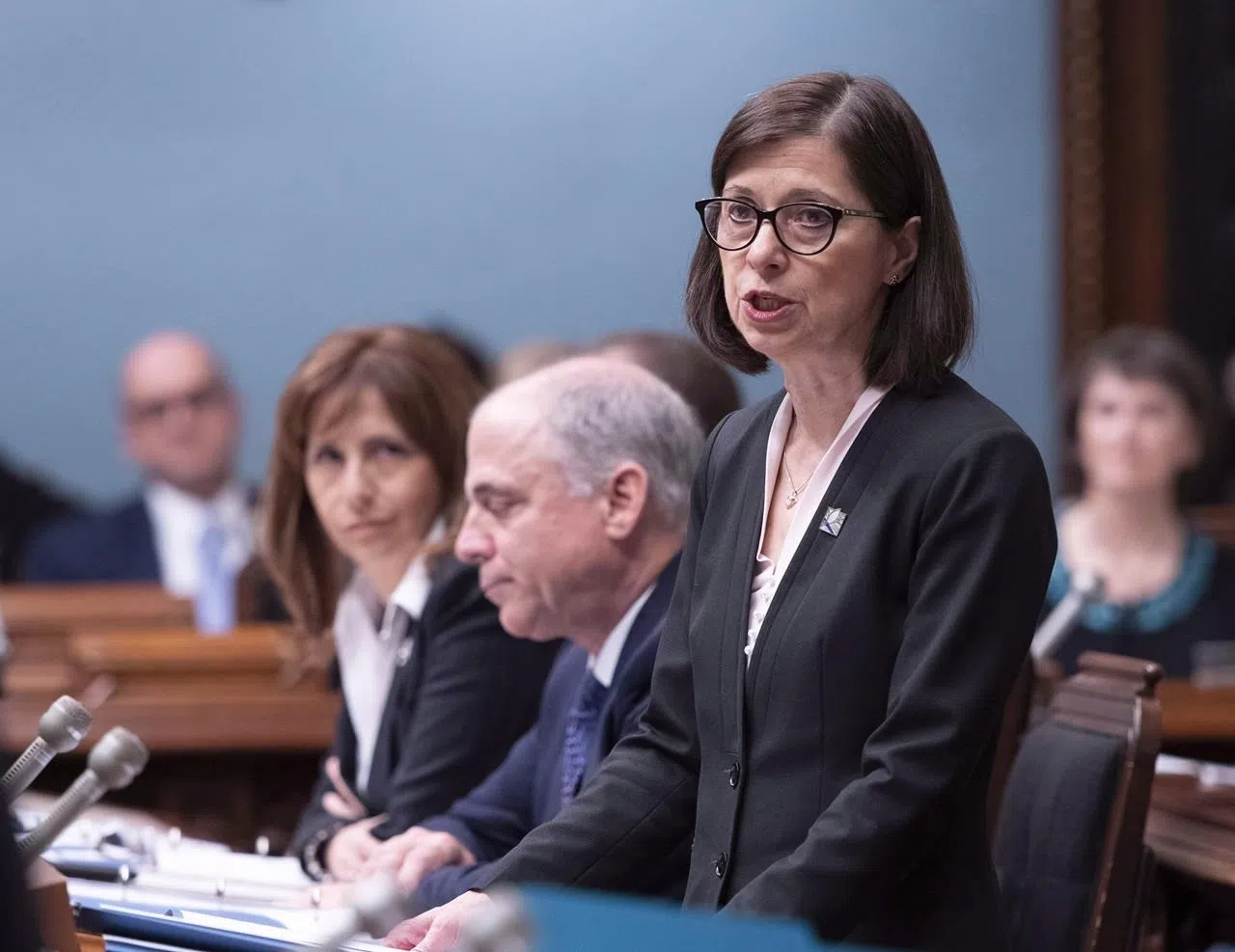
Number of Quebecers seeking assisted death has jumped, commission finds
QUEBEC — The number of Quebecers seeking medical assistance in dying has been growing steadily since 2015, according to a report on the state of end-of-life care tabled Wednesday in the provincial legislature.
The commission created to oversee the Quebec law on assisted dying found that 1,632 people received medical assistance in dying between Dec. 10, 2015, when the law came into effect, and March 31, 2018. Of those cases, 969 were in 2017-18.
This “strong growth” is much greater than what elected officials expected when the law was drafted, commission chairman Michel A. Bureau said.
Almost all those who received medical assistance in dying had six months or less to live, 87 per cent were at least 60 years old and 78 per cent had cancer.


